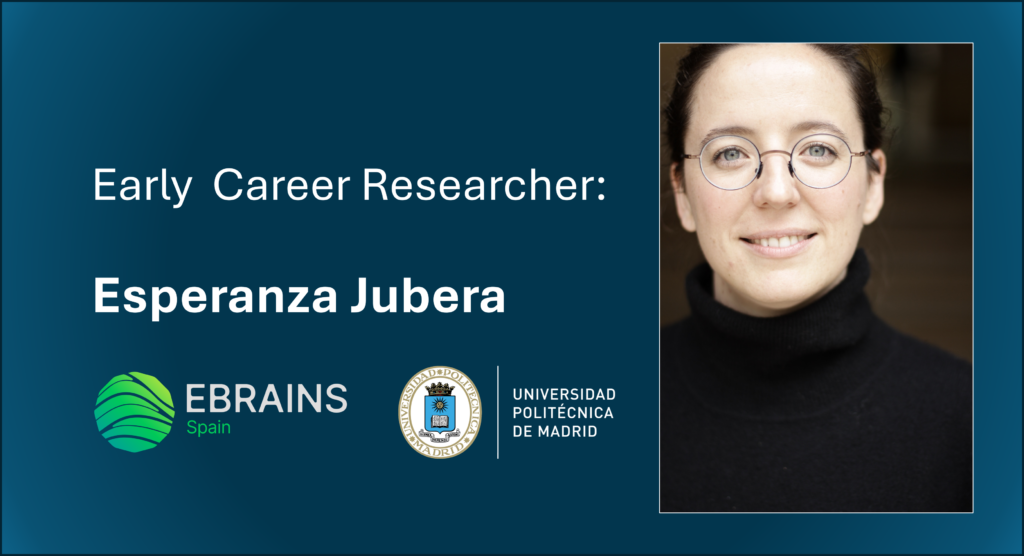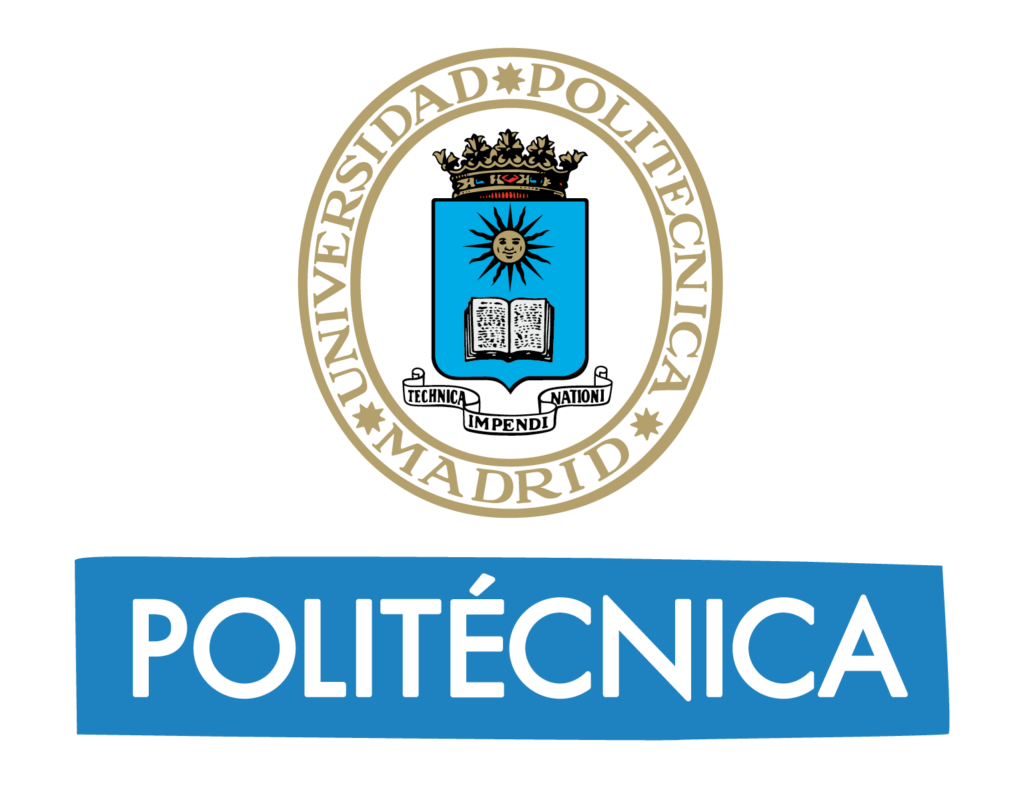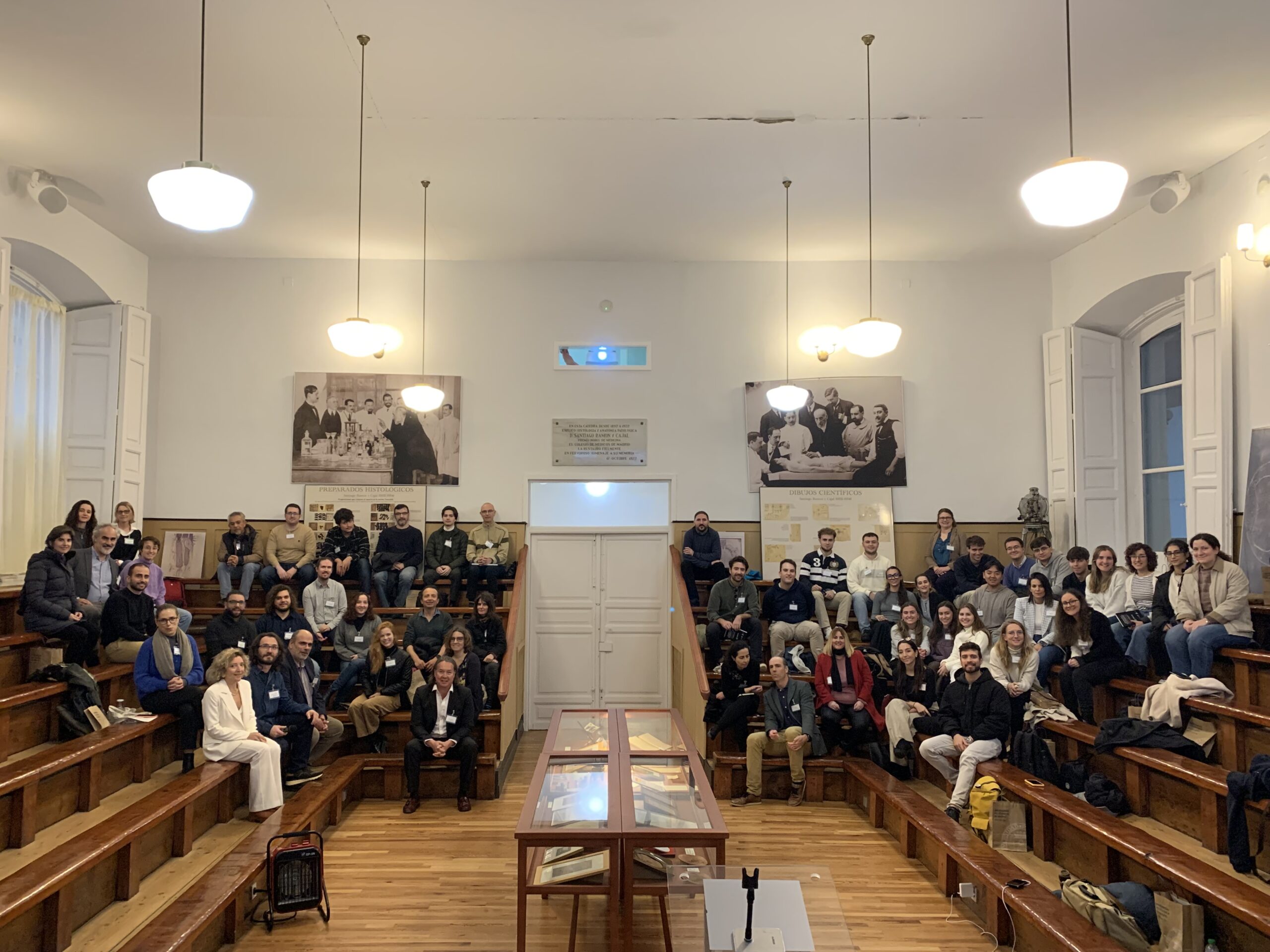
What is your current position?
My current position is Head of the Memory Research Unit at Bitbrain (Spain), where I
am responsible for research on the early diagnosis and monitoring of dementia. I am
actively involved in the development and evaluation of neurotechnology devices,
particularly those utilizing smart textiles and personalized interventions powered by
artificial intelligence. Additionally, I am a visiting researcher at the Cambridge
Consciousness and Cognition Lab, University of Cambridge (UK), where I collaborate
on projects related to my expertise in the mechanisms of human attention and memory.
What is the main brain area you are working on and what primary methodology do you use?
The main brain area I focus on is the hippocampus, which is key to memory formation
and significantly affected in patients with Amnestic Mild Cognitive Impairment (aMCI).
We have developed a personalized neuromodulation treatment via neurofeedback that
monitors brain activity in real time using electroencephalography, targeting memory-
related neural networks. By helping patients modulate their brain activity, this approach
aims to improve cognitive function, alleviate memory-related symptoms, and slow the
progression of the disease. Our non-invasive, tailored intervention offers a promising
option for enhancing the quality of life in patients with aMCI.
What are your short- and long-term scientific goals?
We live in an aging society that is facing significant challenges. In recent decades,
substantial scientific effort and funding have been dedicated to finding a cure for
Alzheimer's disease, the most prevalent condition among the elderly. However, we are
still far from achieving that goal. An alternative approach is to focus on helping people
live lives of quality and dignity despite the absence of a cure. This approach mirrors
how other conditions, such as cancer and AIDS, are now managed. I aim to contribute
through my work by improving the quality of life for the elderly population using cutting-
edge technology. Additionally, I am deeply interested in the ethical and legal issues that
arise from the rapid and widespread integration of neurotechnology and deep tech into
our everyday lives. I think we have an invaluable opportunity to build a fairer world for
everyone.
Have you thought about how EBRAINS may contribute to these goals?
Yes, I believe EBRAINS could play a significant role in advancing my research goals.
Its interdisciplinary framework fosters collaboration across various fields, allowing for
the exchange of ideas and methodologies.
For example, the Brain Atlas would provide critical insights into the hippocampus,
enhancing our understanding of memory processes. The Health Research platform
would enable us to access large datasets for more precise analyses of brain activity
related to our neurofeedback interventions. Additionally, tools like the Brain imulation
Platform could help us model neural circuits and predict the effects of our treatments.
Engaging with the broader scientific community on EBRAINS could also help address
the ethical and legal considerations surrounding the use of neurotechnology. Overall,
the integration of these resources can lead to innovative solutions for improving the
quality of life for individuals facing cognitive decline.





